Throughout the school year, students engage in concrete practices that deepen learning and engagement. These are:
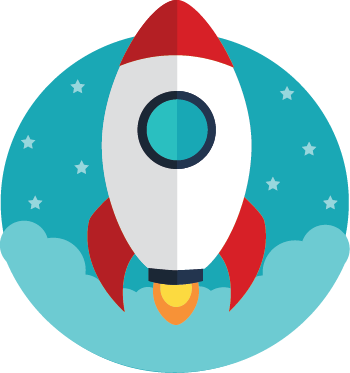
Imagining
Learning begins with a blank canvas, an empty space where participants imagine what is possible. Participants are encouraged to pursue their interests and forge creations of their own visions and dreams.
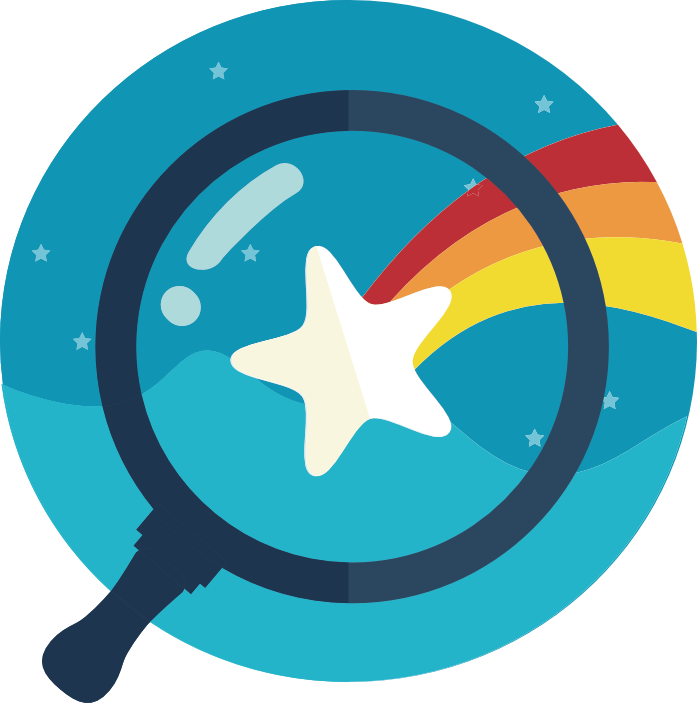
Researching, finding inspiration
Students are given opportunities to read books, watch films, play games, surf the Web, visit museums, go on field trips and draw inspiration from the world around them. Students immerse themselves in a variety of media and art forms, which inspire and inform their own work.

Exploring, tinkering
Learning is an experience in discovery. Students are given opportunities to explore materials, objects, texts, ideas, systems and points of view; discover their properties, defining characteristics and underlying logic; understand their affordances and push these understandings further by developing unique applications in real-world contexts.
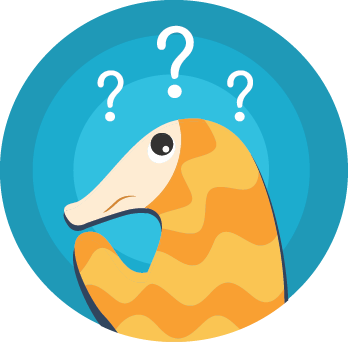
Inquiring
Students are placed in situations that arouse their curiosity about the way things work. They are encouraged to raise questions – and find answers – to the underlying systems, rules and logic that govern them. As students develop theories of the world and how it works, the act of inquiry encourages them to think different, question assumptions and move beyond understanding the way things are to imagining what they could be.

Learning by doing
Students immerse themselves in a variety of experiences. All learning occurs in context, through trial and error.
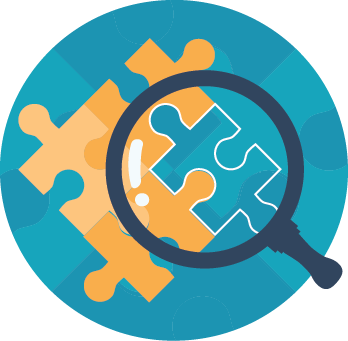
Creative problem solving
Students develop the ability to think critically, break down a problem into its component parts, recognize patterns, make connections and understand the complexities of each problem using a systems perspective. These processes allow young people to combine careful analysis with out of the box thinking to develop innovative solutions to a myriad of problems.
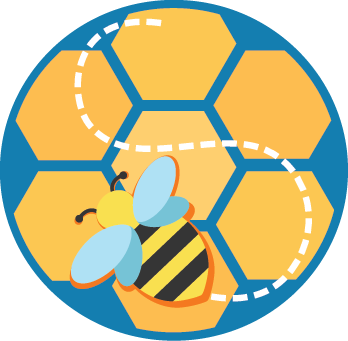
Intelligent resourcing
For students to be empowered as lifelong learners, their passion for learning must be coupled by the ability and skills necessary to direct their learning experiences. Students learn to draw upon a variety of resources in their quest to learn, which may include books, academic articles, data sets, subject matter experts and communities of peers and mentors. Students engage in a process of identifying what needs to be known; mapping possible sources; gathering information; assessing its merit and evaluating its veracity.
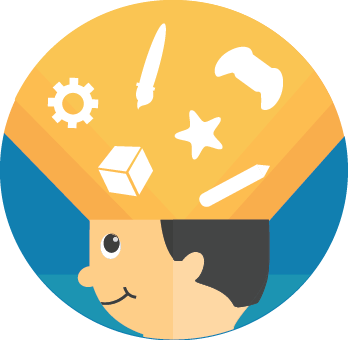
Designing thinking
When developing toys and games, smart home systems, alternative energy solutions or assistive technology, students come to understand design as a process. This process begins with empathy – developing a nuanced understanding of the needs of people you are designing for; brainstorming sessions to generate a host of possible solutions; developing prototypes; testing these solutions; and engaging in cycles of feedback, reflection and iteration to improve upon initial designs.
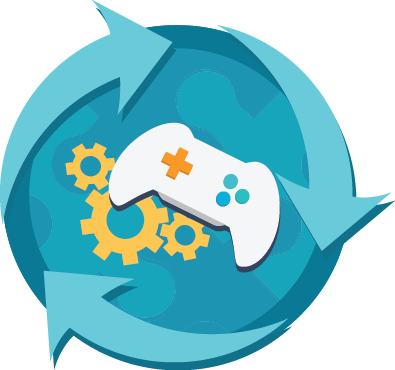
Systems Thinking
Students utilize a holistic approach to analysis that interprets everything from government and economies to motorcycles and computers as systems. Students analyze how a system's constituent parts interrelate, how systems work over time and within the context of larger systems.

Reading and writing
Students are given opportunities to read (understand and make meaning of) and write (produce): essays, poems, graphic novels, films, animations, games, music, maps, art, data, code, simulations...
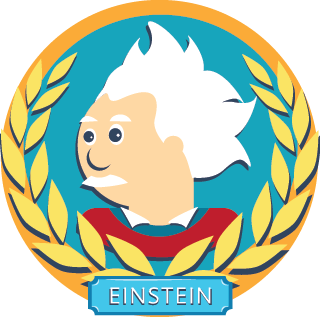
Assuming Roles
Cartographers. Mathematicians. Archaeologists. Data scientists. Philosophers. Engineers. Students gain mastery of domain knowledge and skills by assuming a variety of learning personas and come to understand the distinct ways of being, knowing and creating associated with each persona.
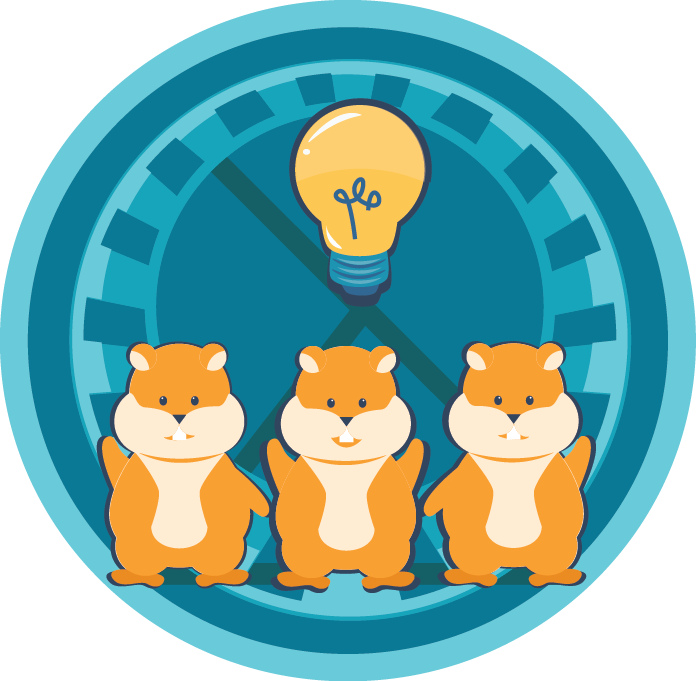
Collaborating
Students learn a great deal from their peers. They share ideas and interests, play test each other’s games, watch each other’s animations, and provide constructive feedback regarding the work of their peers. Many times, various participants assume particular roles for projects (producer, camera man, editor, actor) and work collaboratively to achieve their goal.
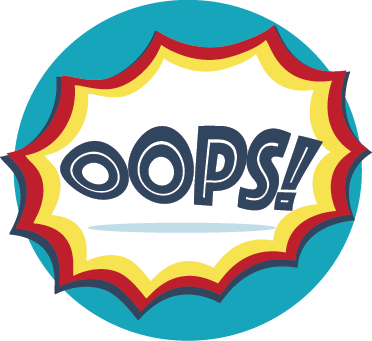
Failing and developing a growth mindset
Students feel that failing is safe, failing is necessary, success depends upon learning from failure and perseverance is key.

Connecting & sharing
Students are encouraged to share their knowledge, skills, ideas and interests with mentors and peers in physical and digital communities of practice. These communities provide students with opportunities to give and receive feedback and collaborate.

